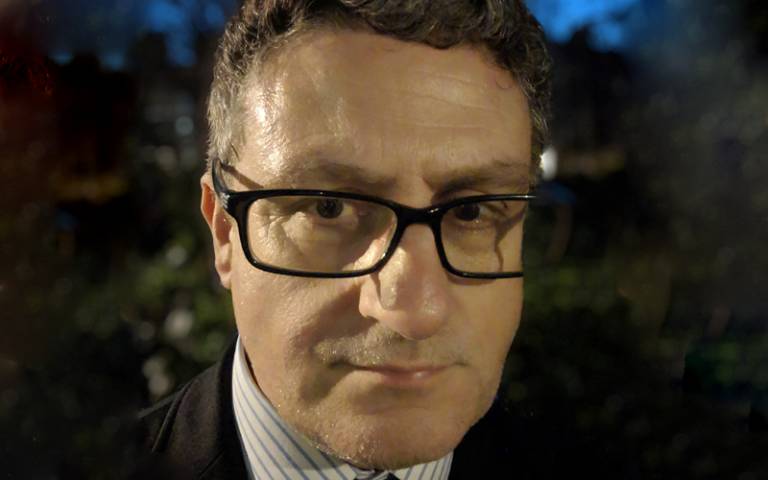Opinion: We need more than empty threats to face down Lukashenko
24 May 2021
To influence authoritarian regimes like Belarus, we must be more imaginative, led by that regime’s specific weaknesses, says Honorary Professor Mark Galeotti (UCL School of Slavonic & East European Studies).

It’s easy to express outrage at the Belarusian government’s act of air piracy, making a plane land at Minsk so that journalist and dissident Roman Protasevich could be arrested on the tarmac. It’s rather harder to find responses that will be legal, proportionate and above all meaningful.
Many sanctions are really intended to do little more than make us feel better. Expressions of outrage not backed by deeds make us look weak, not strong. Personal travel bans and asset freezes on officials unlikely to holiday or maintain property in the West will be little more than symbolic.
We should avoid giving the impression that we are simply going through empty rituals of condemnation: this merely encourages more of the same. It would also be a mistake to roll this into our wider disputes with Russia. Although some accounts suggest the security officers on the plane who accompanied Mr Protasevich were Russian, this is unlikely.
They were probably Russian speakers from Belarus’s security agency, the KGB (and doesn’t it speak volumes that when the Soviet Union was dissolved, they didn’t even change the name?). Likewise, it is wrong to assume Belarusian dictator Alexander Lukashenko would have sought Vladimir Putin’s permission before carrying out this brazen provocation.
Lukashenko needs Putin because he wants to stay in power, and Putin doesn’t want to see what he thinks of as a country in Russia’s sphere of influence ‘lost’ to people power and a new, pro-Western regime. But the mutual dislike and mistrust between the two men is well known. Targeting Putin to bring pressure to bear on Lukashenko would be counterproductive. If anything, he would see this as a challenge from which he couldn’t afford to back down and scale up support for Minsk. It is not impossible that Lukashenko, ever the wily operator, even banked on this happening when he approved this latest outrage.
So what should be done? We should start by banning Belarusian flag airline Belavia from European airports, stopping EU airlines from passing into Belarus airspace, or even blocking all air transit there from European airports.
Time and again, the West seems to feel sanctions must be shaped by the nature of the outrage, not what is most likely to have an impact. Angry about toxic disinformation? Ban media outlets. Spies try to commit murder? Kick more of them out. This is fine as far as it goes, but to get the attention of authoritarian regimes like Lukashenko’s, let alone influence them, we need to be more imaginative, taking our lead from that regime’s specific weaknesses.
Maybe we can step up our support for the opposition and the free Belarusian media. It’s all very well Western leaders vying for photo opportunities with opposition leader Svetlana Tikhanovskaya, but actually pledging more funds to provide legal and practical support for jailed dissidents and expand the range of outlets – like Protasevich’s – undermining the leaden propaganda of the regime would be rather more effective.
Consider also the role of the KGB not just in pinpointing Protesevich’s presence on that flight, but generally in watching and harassing dissidents across Europe. A coordinated campaign to expel known and suspected KGB officers under diplomatic cover in embassies across Europe would put a significant dent in Minsk’s campaign.
In other words, let us be flexible and pragmatic. And it’s worth remembering that if the West learns to be more effective in its sanctions against Belarus, that’s something Putin may notice, too.
This article was originally published in The Telegraph on 24 May 2021.
Links
- Original article in The Telegraph
- Honorary Professor Mark Galeotti’s academic profile
- UCL School of Slavonic and East European Studies (SSEES)
- UCL Faculty of Social & Historical Sciences
 Close
Close

